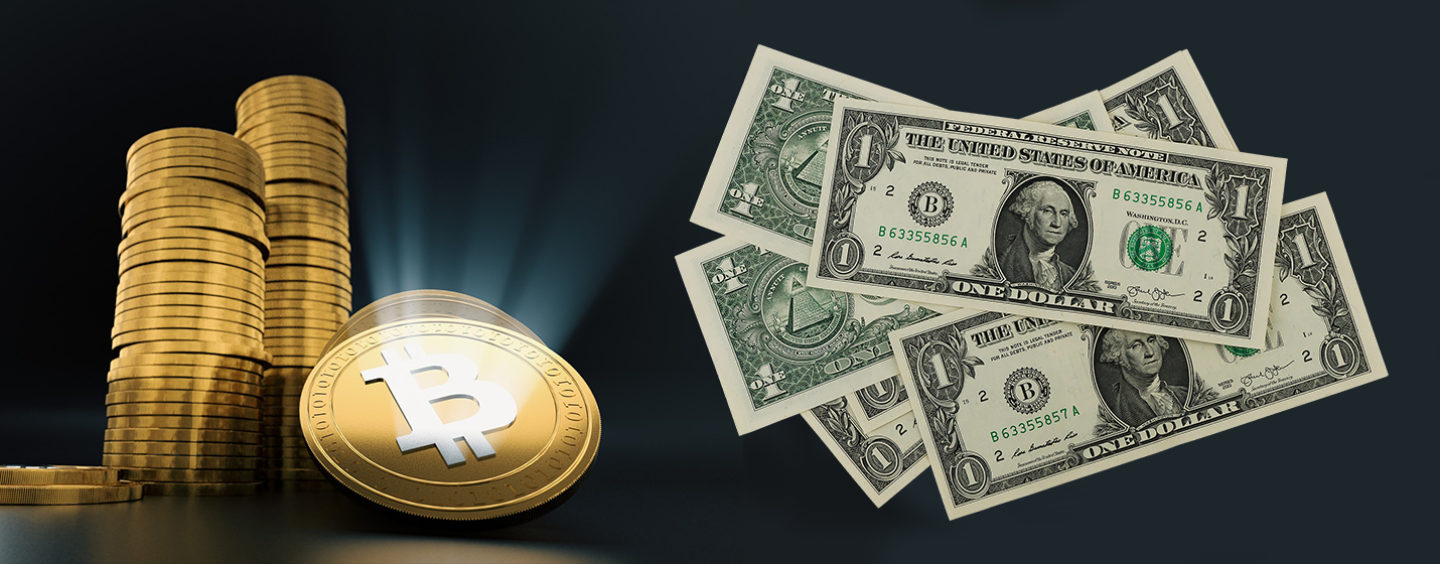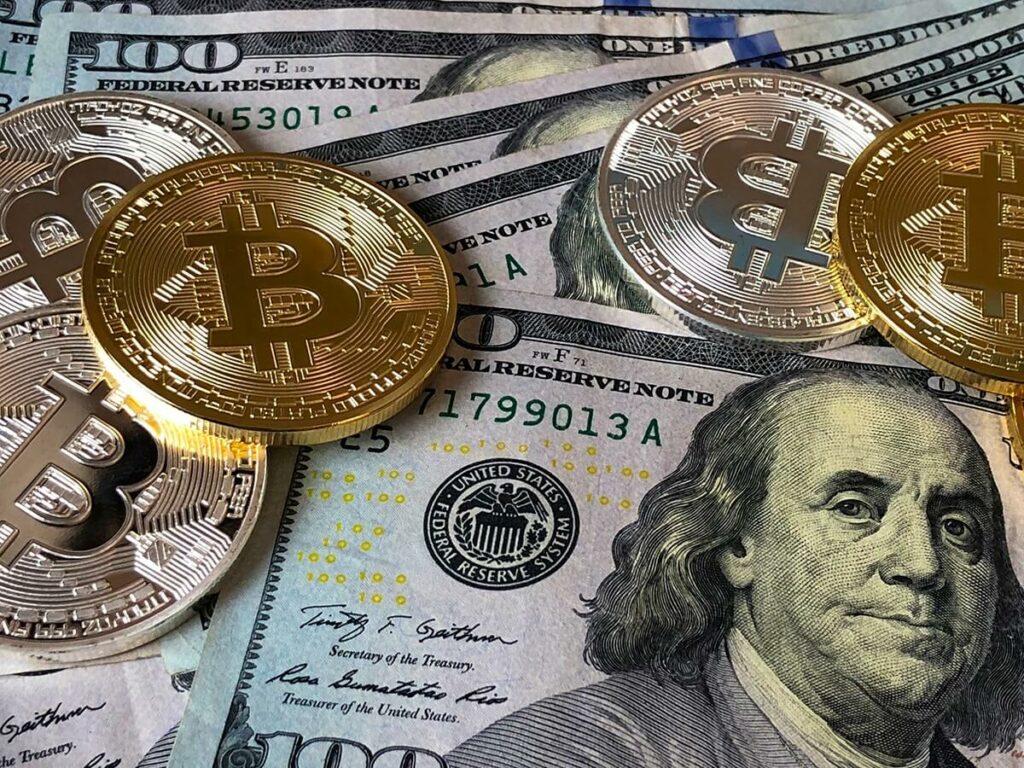Bitcoin vs. Fiat Money: Τhe Battle of Currencies
Bitcoin vs. Fiat Money
Τhe Battle of Currencies
 The world of currency is undergoing a profound transformation, with the emergence of cryptocurrencies like Bitcoin challenging the dominance of traditional fiat money. As debates rage on about the merits and drawbacks of each, it's essential to understand the fundamental differences between Bitcoin and fiat money and explore their respective roles in the global economy. In this article, we'll delve into the battle of currencies, comparing Bitcoin and fiat money across various dimensions.
The world of currency is undergoing a profound transformation, with the emergence of cryptocurrencies like Bitcoin challenging the dominance of traditional fiat money. As debates rage on about the merits and drawbacks of each, it's essential to understand the fundamental differences between Bitcoin and fiat money and explore their respective roles in the global economy. In this article, we'll delve into the battle of currencies, comparing Bitcoin and fiat money across various dimensions.
Bitcoin: The Digital Gold
Bitcoin, often referred to as digital gold, is a decentralized digital currency that operates on a peer-to-peer network without the need for intermediaries like banks or governments. Created in 2009 by an anonymous individual or group known as Satoshi Nakamoto, Bitcoin is built on blockchain technology, which ensures transparency, security, and immutability of transactions.
Fiat Money: The Traditional Currency
Fiat money, on the other hand, refers to traditional currencies issued and regulated by governments, such as the US dollar, euro, or yen. Unlike Bitcoin, fiat money is not backed by a physical commodity like gold but derives its value from the trust and confidence of the people using it and the government's backing.
Comparing Bitcoin and Fiat Money
- Decentralization vs. Centralization: Perhaps the most significant distinction between Bitcoin and fiat money is their underlying governance structure. Bitcoin operates on a decentralized network, meaning that no single entity has control over its issuance or distribution. In contrast, fiat money is centralized, with governments and central banks exerting authority over its creation, distribution, and regulation.
- Supply Limit vs. Inflationary Policy: Bitcoin has a predetermined supply limit of 21 million coins, making it deflationary by nature. This scarcity is programmed into the Bitcoin protocol, with new coins being issued through a process called mining until the supply reaches its limit. In contrast, fiat money is subject to inflationary policies, where central banks can print additional currency as needed, potentially leading to loss of purchasing power over time.
- Transparency and Immutability: Blockchain technology underlying Bitcoin ensures transparency and immutability of transactions, as every transaction is recorded on a public ledger that is visible to all network participants. This transparency reduces the risk of fraud and corruption, as transactions cannot be altered or reversed once recorded. In contrast, fiat money transactions are often opaque, with limited transparency and accountability.
- Security and Control: Bitcoin offers greater security and control to users, as they have full ownership and control over their funds without relying on third-party intermediaries like banks. Users can store their Bitcoin in digital wallets and transact directly with others without needing permission or approval. In contrast, fiat money is subject to the control and oversight of banks and governments, which can impose restrictions on transactions and freeze accounts in certain circumstances.

The battle between Bitcoin and fiat money represents a clash of ideologies and economic philosophies. While fiat money has long been the dominant form of currency in the global economy, Bitcoin offers a compelling alternative with its decentralized, transparent, and deflationary properties.
As the world continues to embrace digitalization and decentralization, the competition between Bitcoin and fiat money is likely to intensify, with profound implications for the future of finance and society as a whole.
Whether Bitcoin will ultimately supplant fiat money or coexist alongside it remains to be seen, but one thing is clear: the battle of currencies is far from over, and the outcome will shape the future of money for generations to come




























